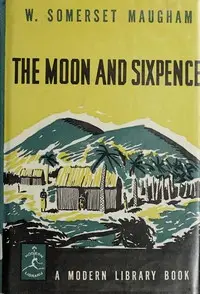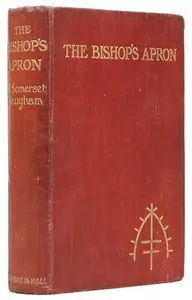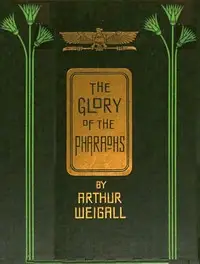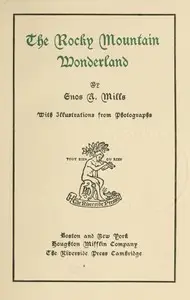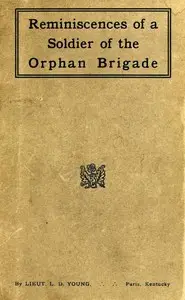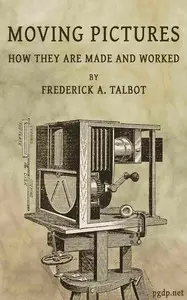"Cæsar’s Wife: A Comedy in Three Acts" by W. Somerset Maugham is a dramatic play written in the early 20th century. The plot unfolds in Cairo, focusing on themes of love, loyalty, and societal expectations, particularly revolving around the character of Violet, the young wife of Sir Arthur Little, a British diplomatic official. The initial discussions and encounters showcase the dynamics of their social circle, hinting at underlying tensions and romantic entanglements that drive the narrative forward. The beginning of the play introduces us to Violet, her husband Sir Arthur, and their guests as they navigate life in diplomatic circles. The setting is elegantly depicted, offering a blend of Eastern and Western influences in their home. Early conversations reveal Violet's excitement about her new role, her admiration for her husband, and her interactions with Ronald Parry, a charming young secretary. However, as the act progresses, a deep emotional undercurrent is established between Violet and Ronny, culminating in a revelation of their mutual feelings just as unexpected changes in Ronny’s career prospects threaten to disrupt their lives. Thus, the opening sets the stage for a complex exploration of love and duty within the confines of societal norms. (This is an automatically generated summary.)

Cæsar's Wife: A Comedy in Three Acts
By W. Somerset (William Somerset) Maugham
"Cæsar’s Wife: A Comedy in Three Acts" by W. Somerset Maugham is a dramatic play written in the early 20th century. The plot unfolds in Cairo, focusin...
William Somerset Maugham was an English writer, known for his plays, novels and short stories. Born in Paris, where he spent his first ten years, Maugham was schooled in England and went to a German university. He became a medical student in London and qualified as a physician in 1897. He never practised medicine, and became a full-time writer. His first novel, Liza of Lambeth (1897), a study of life in the slums, attracted attention, but it was as a playwright that he first achieved national celebrity. By 1908 he had four plays running at once in the West End of London. He wrote his 32nd and last play in 1933, after which he abandoned the theatre and concentrated on novels and short stories.

